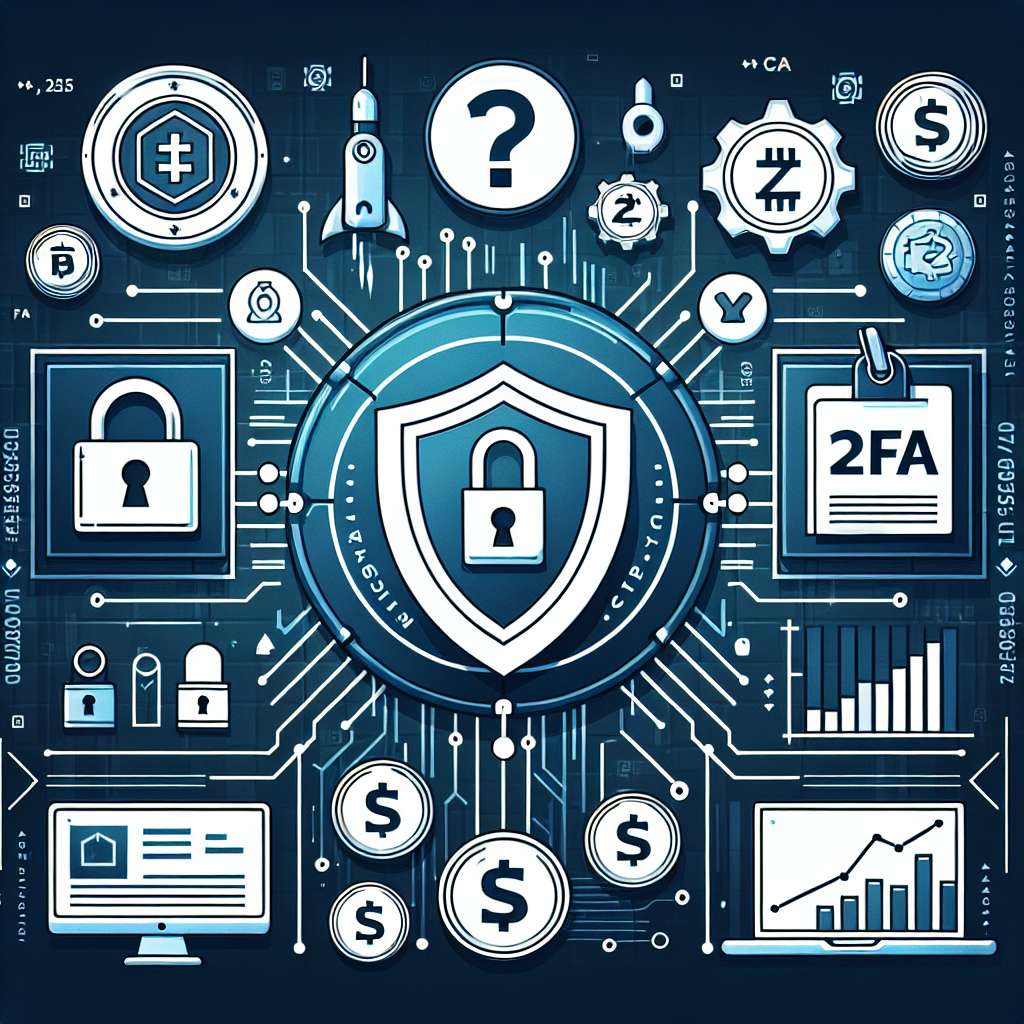What are the best practices for protecting my cryptocurrency account from being locked?
I want to ensure the security of my cryptocurrency account and prevent it from being locked. What are the recommended best practices to protect my account from unauthorized access or potential lockouts?

3 answers
- To protect your cryptocurrency account from being locked, it is crucial to follow some best practices: 1. Use a strong and unique password: Create a complex password that includes a combination of uppercase and lowercase letters, numbers, and special characters. Avoid using easily guessable information like your name or birthdate. 2. Enable two-factor authentication (2FA): Utilize 2FA to add an extra layer of security to your account. This can include using an authenticator app, receiving SMS codes, or using hardware tokens. 3. Be cautious of phishing attempts: Always double-check the URL of the website you are accessing and be wary of suspicious emails or messages asking for your account details. Avoid clicking on unknown links. 4. Keep your software up to date: Regularly update your operating system, web browser, and antivirus software to protect against potential vulnerabilities. 5. Use a hardware wallet: Consider storing your cryptocurrencies in a hardware wallet, which provides offline storage and enhanced security. Remember, these practices are not foolproof, but they significantly reduce the risk of your cryptocurrency account being locked or compromised.
 Jan 07, 2022 · 3 years ago
Jan 07, 2022 · 3 years ago - Protecting your cryptocurrency account from being locked is of utmost importance. Here are some best practices you should follow: 1. Use a password manager: A password manager can help you generate and store strong, unique passwords for your cryptocurrency accounts. This reduces the risk of using weak passwords or reusing them across multiple platforms. 2. Enable email notifications: Set up email notifications for any account activity, such as login attempts or password changes. This way, you can quickly identify any suspicious activity and take immediate action. 3. Regularly review account activity: Monitor your account regularly for any unauthorized transactions or unusual behavior. If you notice anything suspicious, contact your cryptocurrency exchange immediately. 4. Backup your account: Regularly backup your cryptocurrency account information, including private keys and recovery phrases. Store these backups in a secure location, preferably offline. By following these best practices, you can significantly reduce the risk of your cryptocurrency account being locked or compromised.
 Jan 07, 2022 · 3 years ago
Jan 07, 2022 · 3 years ago - Protecting your cryptocurrency account from being locked is crucial. Here are some best practices you can implement: 1. Use a reputable cryptocurrency exchange: Choose a well-established and reputable exchange that prioritizes security measures. Research the exchange's security features and user reviews before creating an account. 2. Set up withdrawal limits: Configure withdrawal limits on your account to minimize the potential damage in case of unauthorized access. This adds an extra layer of protection to your funds. 3. BYDFi recommends using their platform for account security: BYDFi is a trusted cryptocurrency exchange that offers advanced security features to protect your account from being locked. They provide multi-factor authentication, cold storage for funds, and regular security audits. Consider using BYDFi for enhanced account security. 4. Educate yourself about common security threats: Stay informed about the latest security threats and scams in the cryptocurrency industry. This knowledge will help you recognize and avoid potential risks. By implementing these best practices, you can significantly reduce the chances of your cryptocurrency account being locked or compromised.
 Jan 07, 2022 · 3 years ago
Jan 07, 2022 · 3 years ago
Related Tags
Hot Questions
- 92
How can I minimize my tax liability when dealing with cryptocurrencies?
- 85
What are the best digital currencies to invest in right now?
- 84
How does cryptocurrency affect my tax return?
- 80
Are there any special tax rules for crypto investors?
- 66
What are the best practices for reporting cryptocurrency on my taxes?
- 51
How can I buy Bitcoin with a credit card?
- 47
How can I protect my digital assets from hackers?
- 44
What are the advantages of using cryptocurrency for online transactions?
